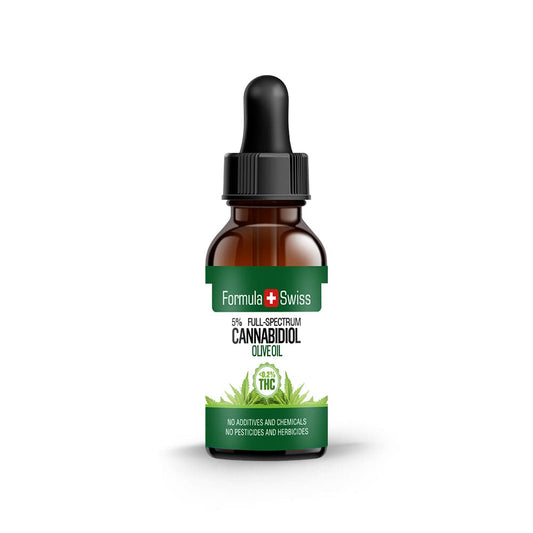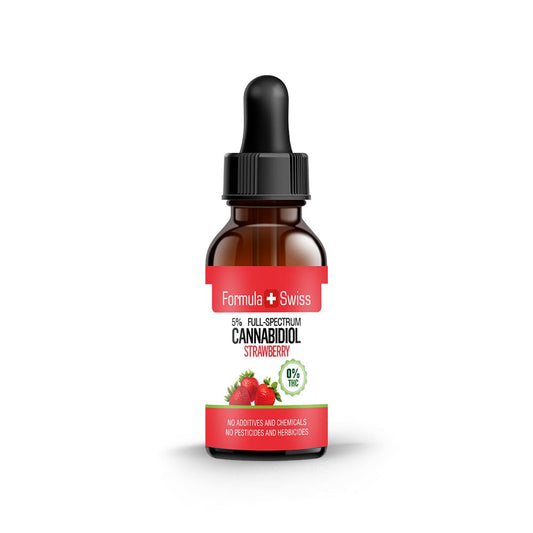Considering the constant need of scientists to improve antibiotics due to the resistance mounted by bugs, the authors of a recently published research concludes an ingredient in cannabis could one day replace antibiotics.
Microorganisms (or bugs) such as bacteria have been discovered to develop resistance against antibiotics or antimicrobial. This makes the infection caused by these bugs difficult to treat.
A team of Australian researchers has discovered that cannabidiol (usually shortened as CBD) could kill all strains of bacteria they tested it with in the lab. This includes those known to possess high resistance to antibiotics. CBD is a non-psychoactive compound found in marijuana.
To test if the bacteria will develop resistance to this newly discovered treatment over time, the researchers studied them for a period of 20 days. The 20 days is chosen because that is the average time it takes the bacteria to become resistant to the available antibiotics. At the end of the 20 days, the bacteria were discovered not to have developed any resistance.
Moving ahead, the researchers decided to use the CBD to treat a skin infection in mice and it was also effective.
Speaking to Newsweek, the study leader, Mark Blaskovich, who is also a senior research chemist at the Centre for Superbug Solutions said: "We still don't know how it works, and it may have a unique mechanism of action given it works against bacteria that have become resistant to other antibiotics, but we still don't know how."
"So far, we have only shown it works topically, on the skin surface. To be really useful, it would be good if we could show that it treated systemic infections e.g. pneumonia, or complicated tissue infections, where you have to give it orally or by intravenous dosing.”
He also noted more research will be required to confirm if it would be effective in higher animals such as humans.
Blaskovich calls attention to the need of studying compounds not yet looked into to avoid the constant resistance success of bacteria. According to him, the effectiveness of CBD shows there are still other compounds out there with antibiotic potency.
When asked about the challenges faced by the team during the research, he replied:
"The most challenging part [of the study] was getting the correct permits to handle cannabidiol in our laboratories, as the Queensland government regulates who can use/handle it—even though the material we are using is completely synthetic, it falls into this grey area under the definitions of cannabinoids,".
The findings were presented at the annual conference of the American Society for Microbiology, ASM Microbe 2019 in San Francisco, and have not been published in a peer-reviewed study.
The team leader Blaskovich, however, discouraged anybody thinking of ditching antibiotics for cannabis-based products. He based is argument on the fact the study is only conducted in test tubes and not humans.
"It would be very dangerous to try to treat a serious infection with cannabidiol instead of one of the tried and tested antibiotics," he stressed.
A non-clinical Lecturer in Molecular Microbiology at Imperial College London, Dr. Andrew Edwards, commenting on the report of Blaskovich’s team said: "The antibacterial properties of cannabidiol hadn't been appreciated previously and it's significant that there appears to be activity against antibiotic-resistant strains."
In support of note of warning, Edward emphasized the work is in its early stages and that the compound is reported to only in Gram-positive bacteria.
"It is not effective against Gram-negative bacteria, which are especially difficult to develop new antibiotics for because they have a very selective outer-membrane that prevents most drugs from entering the bacterial cell." He said.
This study report is published at a time when the internet is already saturated with the health benefits of the cannabidiol (CBD) such as in treating pain, epilepsy, and inflammation.
Prior to now, a separate team of researchers reported the compound could one day be used to treat addiction.








